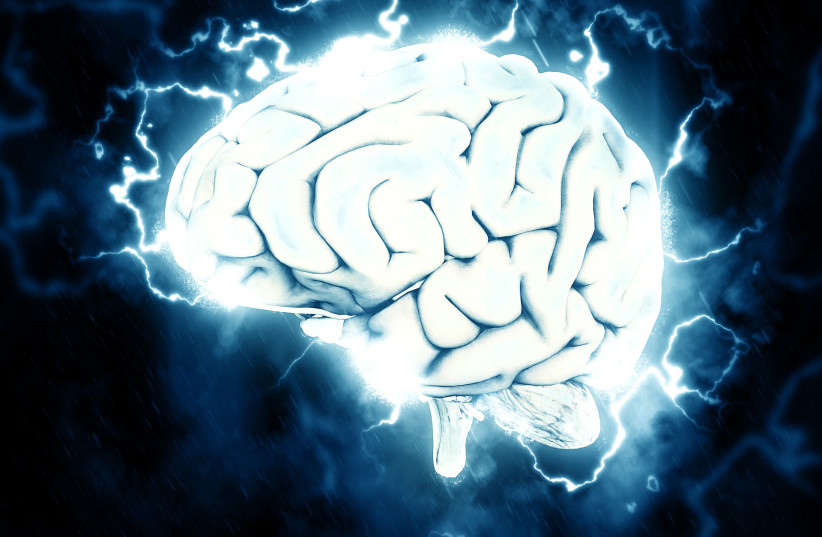Severe COVID-19 causes changes in the brain that mirror the changes in the brain that usually come with old age, according to a new peer-reviewed study published in Nature Aging last week.
While COVID-19, caused by the novel coronavirus, SARS-CoV-2, is a respiratory disease, it has been shown to have neurological effects, with many patients experiencing cognitive issues such as brain fog or memory loss even after recovering from the virus.
A number of previous studies have recorded the neurological effects of the disease and noted its similarity to aging, but evidence concerning molecular changes in the brain was lacking.
To try and find molecular evidence of the aging effect of COVID-19, researchers from Beth Israel Deaconess Medical Center (BIDMC) analyzed 54 postmortem samples of the frontal cortex.
The samples were taken from 21 individuals with severe COVID-19, one asymptomatic individual aged between 23 and 84 years old, 22 age-matched and sex-matched uninfected control individuals, an uninfected individual with Alzheimer’s disease (to match one of the infected individuals who suffered from Alzheimer’s), and an additional control group of nine uninfected individuals with a history of ICU or ventilator treatment.

The scientists then used RNA sequencing to measure the levels of every gene expressed in the tissue samples and compared changes in gene expression between the COVID-19 patients and the uninfected individuals.
COVID-19 patients express genes linked to cognition at lower levels
The researchers found that genes associated with inflammation and stress were at higher levels in the brains of the COVID-19 patients compared to the uninfected individuals, while genes linked to cognition and the formation of connections between brain cells were at lower levels than in the uninfected samples.
Analysis of the samples also showed that the brains of the severe COVID-19 patients had similar brain changes to the brains of the uninfected individuals who were 71 years old or older.
“Ours is the first study to show that COVID-19 is associated with the molecular signatures of brain aging,” said co-first and co-corresponding author Maria Mavrikaki, an instructor of pathology at BIDMC and Harvard Medical School, in a BIDMC press release. “We found striking similarities between the brains of patients with COVID-19 and aged individuals.”
Co-first author Jonathan Lee, PhD, a postdoctoral research fellow at BIDMC and Harvard Medical School, added that “While we did not find evidence that the SARS-CoV-2 virus was present in the brain tissue at the time of death, we discovered inflammatory patterns associated with COVID-19. This suggests that this inflammation may contribute to the aging-like effects observed in the brains of patients with COVID-19 and long COVID.”
Senior and co-corresponding author Frank Slack, PhD, director of the Institute for RNA Medicine at BIDMC and the Shields Warren Mallinckrodt Professor of Medical Research at Harvard Medical School, stated that the team of researchers recommends neurological follow-up be conducted for recovered COVID-19 patients.
“It opens a plethora of questions that are important, not only for understanding the disease, but to prepare society for what the consequences of the pandemic might be.”
Marianna Bugiani, neuropathologist at Amsterdam University Medical Centers
“It opens a plethora of questions that are important, not only for understanding the disease but to prepare society for what the consequences of the pandemic might be,” neuropathologist Marianna Bugiani at Amsterdam University Medical Centers told Nature. “And these consequences might not be clear for years.”
Earlier study finds cognitive issues caused by COVID-19 similar to 20 years of aging
In May, a study found that severe cases of COVID-19 can impact the brain in a way similar to 20 years of aging.
According to that study, based on the first-ever rigorous assessments and comparisons of severe COVID-19 after-effects, the damage results in cognitive impairment sustained by those between 50-70 years of age and is the equivalent of essentially losing 10 IQ points.
